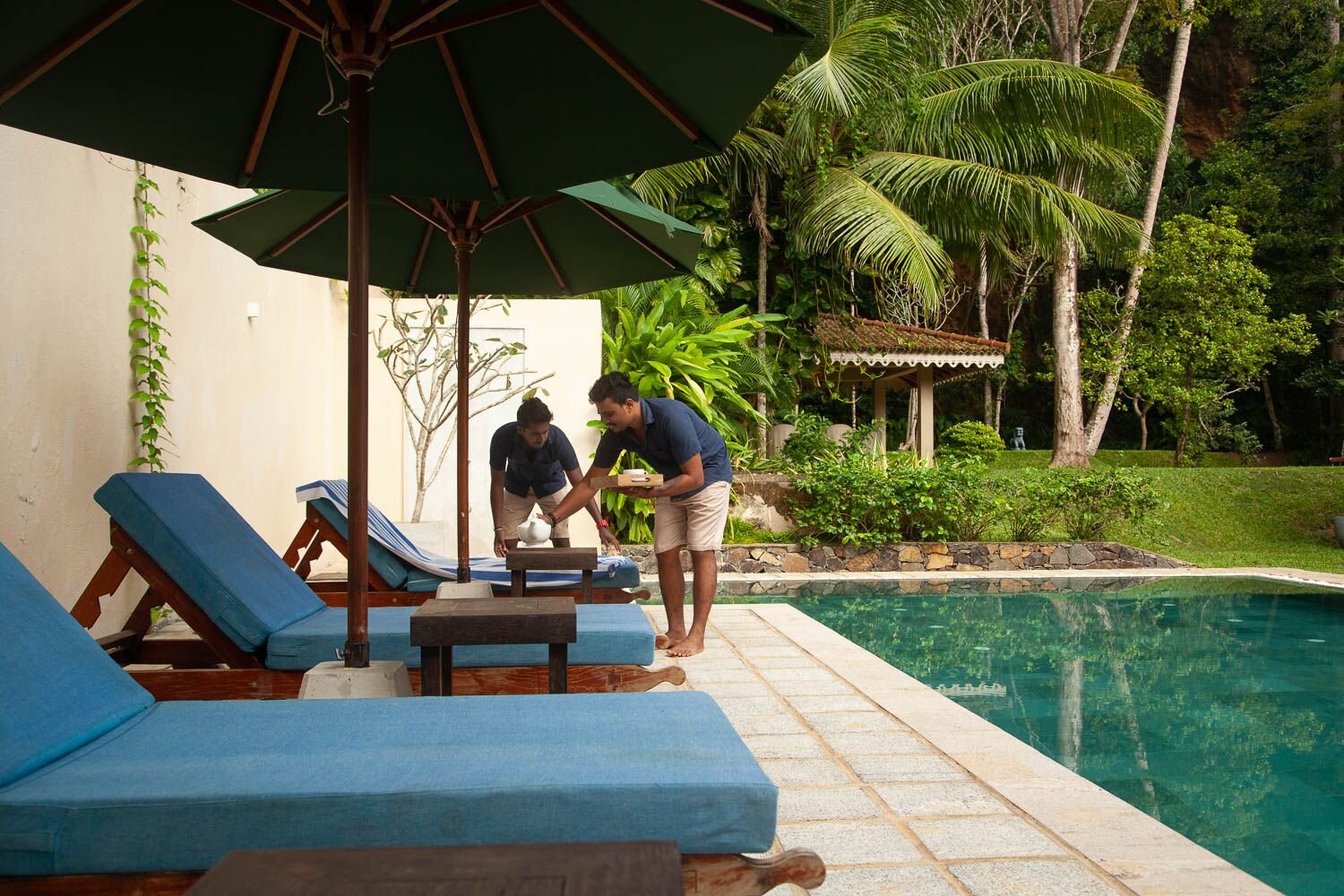The power of WHY
“Why?” The most asked question since the pandemic.
Why now? Why me? Why did it happen? If you were asking that kind of question when the pandemic hit then likely you are fortunate enough to have something that you valued too much to lose. Jobs, families and health were the first things that we all tried to protect, and as time wore on we started to consider the importance we attached to everything we held dear. Our newsfeeds filled up with harsh realities surfacing in the world – the state of our planet, discriminations, inequalities and more. Anger spilled onto the streets and we marched as we saw the domino effect of political and institutional corruption globally making us feel robbed of our freedoms. In the West we value our freedom but we also have a voice we can use to create our choices. In other parts of the world such as Sri Lanka, many are not so lucky, they are so beaten down they have no voice and wouldn’t even know where to start to bring about change.
Staff at Kalukanda House
One of the questions I asked myself during lockdown was “What is my Why?”
I am a first generation British Sri Lankan woman born and raised mostly in London to an inscrutably strict father whose single driving focus was education. I always thought him far too strict but I came to understand his “why”. Aged 13, he became the head of a large family of younger siblings and with my grandfather lost at war and no income my grandmother wanted him to leave school and take a job in the local shop. Dreaming of a career in medicine, my father convinced his mother to let him study and eventually he went to university and fulfilled his dream to be a Doctor. That drive to self-improvement and change through education never left him. Educating his daughters to high standards, when I graduated my traditional Sri Lankan father then suggested an arranged marriage. My education had empowered me to say no and to live my life making my own decisions – I had a freedom of choice and a voice to use.
The fire in my belly to be an independent woman was bought into sharp contrast with the reality of many women in Sri Lanka to this day who live in poor communities.
Sri Lanka is a beautiful tropical island globally loved as a holiday destination. Now boasting one of the 7 wonders of the world, Boutique hotels and villas such as mine dot the island and travellers can spend their time immersing themselves in culture and sunning themselves under palm trees. I was surprised at the lack of visible women in front of house positions, or running businesses and I became aware of the stark difference in confidence between some of the local women and myself. Finding the charity Their Future Today was a serendipitous moment. Set up after the 2004 tsunami, TFT has organically grown from supporting victims lost to that disaster to setting up projects that pro-actively support those getting lost in the murky underbelly of poverty and abuse.
Breaking the ground
Within the poorest communities there are tragically too many instances of sexual abuse and abandonment of women and young girls. TFT provides advocacy and vital support to get these women and girls out to a place of safety - an important job completed; preservation of life. But what kind of life does anybody have if they remain in a cycle of poverty? Saving someone from a situation is simply the start of the journey, empowering them to stand on their own two feet is critical to continued success.
So TFT set up the Heartbeat Centre, a safe house to save women and girls to keep them out of abusive institutions. The Heartbeat Centre provides safe shelter, Pro-bono legal services by an all female group of lawyers and education to help these marginalised people to build a better life. The girls who arrive at the centre are ghostly versions of themselves, their innocence gone and spirits squashed with no hope of a life beyond destitution. In one situation a young girl had been adopted when her parents split up, her abusive mother returned to reclaim her and then treated her so badly that the youngster poisoned herself. Presumed dead she was lying in a mortuary when someone saw her moving and she was revived, only to be inexplicably put in prison. Sent to an institution rife with abuse, she ran away and eventually found herself at the Heartbeat Centre. Despite being scarred physically and emotionally, the care and love she now receives is building her self worth. For the first time in her life she sees options and wants to train to be in the police. Other victims are all from similarly torrid backgrounds and shown a lifeline to dream of an independent life and many want to become nurses, lawyers, in the police; inspired by the individuals who saved them.
House Mothers
Without an education and without space from a bad situation we cannot see a way out. There is no freedom to dream of change let alone make steps towards it.
Covid19 has left a beautiful island that survives on tourism with too many people who can’t work or feed their families and TFT funds have been diverted to organise urgent food parcels for them. A desperate situation creates rising abuse (just as we saw in the UK during lockdown) and without help we relegate a generation to destitution and desperate choices. If we give them a lifeline they could break the cycle of poverty and become Sri Lanka’s motivated future lawyers, medics, scientists and teachers. Gender equality and independence in one smart move.
The ability to empower women and girls to fulfil their own dreams and support themselves is my Why. These marginalised youngsters and women can be moved from accepting a terrible fate handed to them through no fault of their own to becoming empowered and asking themselves the question “why don’t I change this?. Ultimately I hope I can encourage women into careers in design, architecture and hospitality – “why not dream bigger?” Assisting TFT financially though contributions from bookings and sitting on the board of trustees is the first step for me.
While we in the West plan holidays to idyllic islands like Sri Lanka we must now consider how to travel consciously, educate ourselves on the whole culture and support local communities. This charity thinks beyond preservation of life and proactively creates change by providing opportunity for a sustainable future through education and empowerment of those vulnerable and lost members of society who have no voice.
This guest blog is written by Dee Gibson, Founder of Kalukanda House



